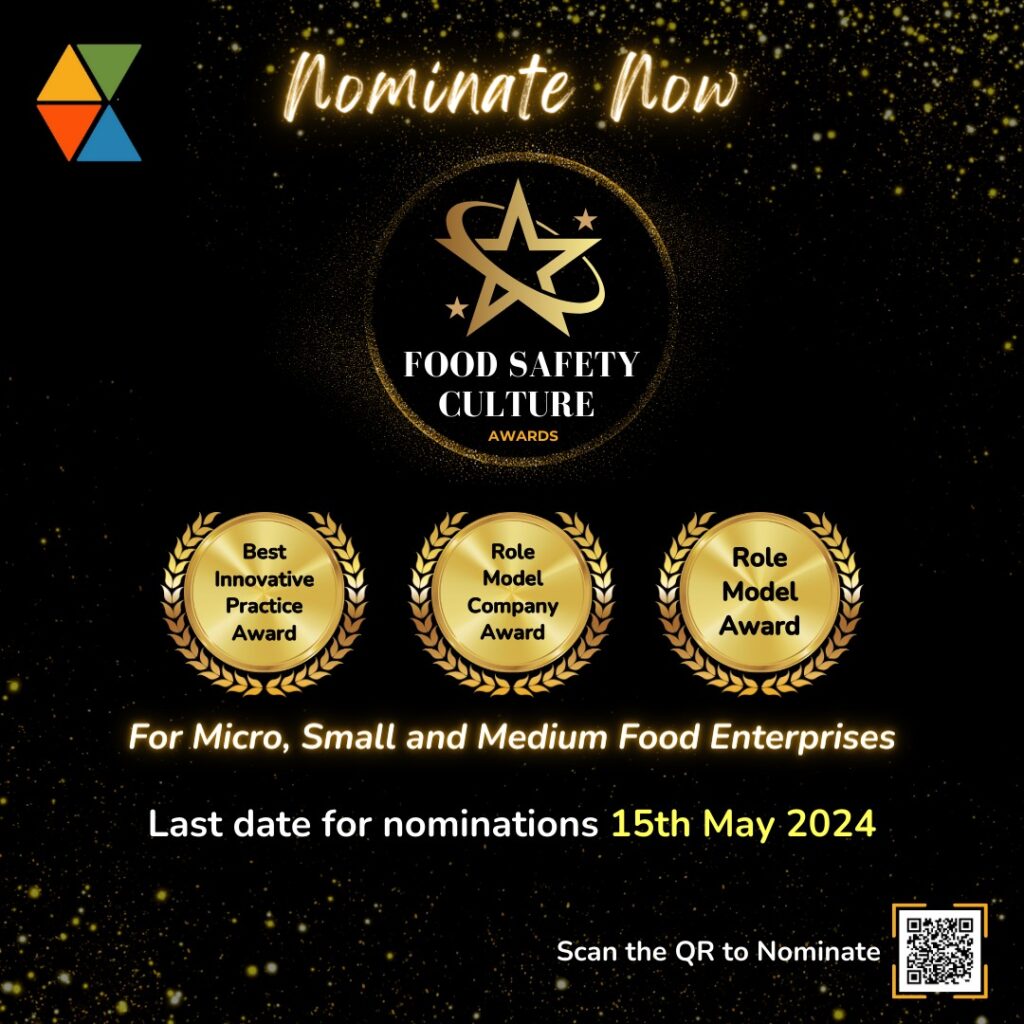Food Certification Market
With the market worth expected to cross US$ 8.4 Bn in 2021, the market for food certification will expand at an outstanding rate. The market’s value will grow between 2021 and 2031 at an amazing CAGR of 10.8%. Every year, 600 million people get sick from eating tainted and polluted food. According to a World Health Organization report, 33 million healthy life years are lost each year as a result of over 420,000 deaths (WHO). As per WHOs, disability-adjusted life year (DALY), 1 in 10 people fall ill after eating contaminated food worldwide. Each year, contaminated food contributes to 420 000 fatalities and 600 million cases of foodborne illnesses worldwide. Children under the age of five make up 30% of foodborne deaths. The World Health Organization (WHO) calculated that eating hazardous food annually results in the loss of 33 million healthy years of life worldwide.
Food certification industry demand will increase at a remarkable rate as awareness of food safety increases. Figure 1 says on food certification market notable trends rate says on an exponential growth rate.
Why food certification is important?
- Consistent safe foods & products that meet statutory & regulatory requirements
Efficient and dynamic food safety hazard control
Control food safety hazards throughout the food chain from farm-to-fork
Communication along the food chain and within the organization
Conformity of products and services to international standards
Customer confidence in the product
Resource optimization

Figure 1: Food Certification Market Sector Trends
Source: Future Market Insights (FMI), August 2021
Globally, governments are enforcing new standards and strengthening existing ones in an effort to improve the safety and quality of food. The need for food certifications has been fueled by this as well as growing consumer awareness of food ingredients due to an increase in the use of more processed products.
The need for food certifications will increase because to rising urbanization and industrialization in the developing economies of Asia and the Middle East.
Governmental organizations and agencies are being forced to oversee food safety and quality due to the rise of multi-domestic food services, particularly in India. The market is expanding thanks to the implementation of various food certification policies. Food Business operators adopt the food certification, to maintain their position in the global market, gain customer satisfaction and maintain their customer’s trust.
Pandemic and the effect in Food Certification Market
Regulatory organizations are being pushed to regulate this industry by the growing entrance of multi-domestic food retail chains, particularly in India, China, and the U.S. The food certification supports safe practices and a hygienic working environment for food producers, service providers, and retail chains. People’s health and wellbeing were significantly damaged by the coronavirus epidemic’s sudden emergence everywhere in the world. The daily routine and purchasing habits of customers have abruptly changed.
Consumers are now well knowledgeable about the goods they purchase. Because of advanced technology, consumers are aware and more conscious about what goes into the body or what needs to be consumed. Clean-label effects and the need for ingredient transparency have improved the market situation for food certification. The world economy is being shaken by COVID-19, which is also having an impact on the market for food certification.
What Promotes Market Growth for Food Certification in India?
The demand for natural, organic foods as well as safe food has increased along with health consciousness, which has boosted the market’s expansion for food certification.
As per WHO, in South-East Asia, 175 000 people died in 2010 as a result of the almost 150 million cases of food-borne illness that year. Children under the age of five accounted for 40% of the burden of these food-borne disorders. Around 50% of malnutrition is not brought on by a lack of food or a bad diet, but rather by inadequate water and sanitary conditions, as well as unsanitary behaviours that result in life-threatening illness and illnesses like diarrhea.
India is anticipated to experience rapid growth in the upcoming years because of all these reasons mentioned above. Growth of the food certification sector will be aided by increased income in the nation and expanded food safety. Customers are getting familiarized with the globally accepted standards like FSSC 22000, BRCGS, IFS, SQF.
What drives the Indian Market for Food Certification?
Below in figure 2 shows India’s position in World’s agriculture as per the year 2018 study.


Figure 2: India’s position in World’s agriculture as per the year 2018 study
Source: FAOSTAT, 2020 data
Food certification is getting more attention, largely due to global food demand and consumer knowledge. Rising consumer awareness on food safety, have paved leading to food safety certification demand increase. The outbreak of pandemic, spreading diseases due to unhygienic food processing and services in the country and around the globe imposes the country and FBO to impose more stricter means of food safety to attract more customers. The market is expected to expand significantly over the coming years as a result of rising food safety certifications like FSSC 22000, ISO 22000, BRCGS demand and rising health awareness. Due to increase attraction to healthy traditional foods, organic food certification also is gaining attraction in the global market. The development of safety, health, and environmental regulation provides governments with several advantages, including the use of scientific and technological information. Since it is appropriate for all regulators, ISO 22000 is expected to grow in a favourable way.
Few association announced the establishment of the customer recognize goods that reduce food waste, some to enhance its portfolio of audit, inspection and survey services. Here comes with the certifying bodies for food certifications, who audits the facility based on the customer required standard specification. But to help the respective food business operator in successfully implement the standard requirement, we bring our experience to help you attain the same as required.

Author: Ms. Mythri has M.Tech in Food Processing and Engineering. She has been working with a lot of food processing units to ensure they have a robust Food Safety Management System. She is very well conversant with HACCP and ISO 22000 and has implemented them at multiple client locations.

